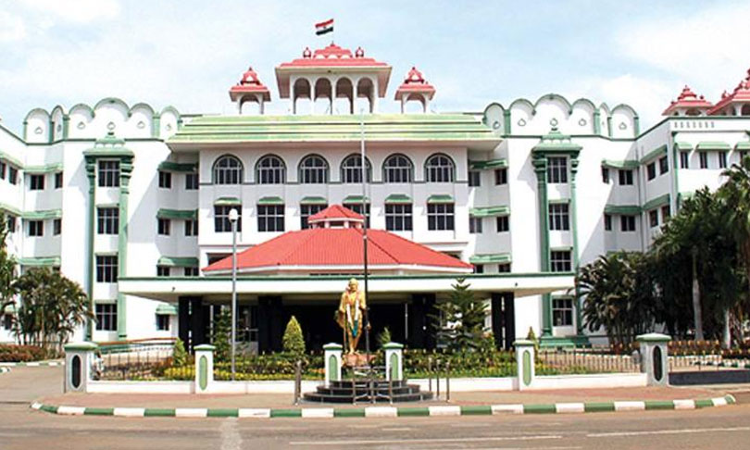Provide Job To Sister Of SC Man Killed In 2020 In Caste-Based Crime: Madras High Court To State
Upasana Sajeev
31 July 2023 6:19 PM IST

Next Story
31 July 2023 6:19 PM IST
The Madras High Court recently directed the State Dravidar and Tribal Welfare Department, Theni District Collector, and the District Adi Dravidar and Tribal Welfare Officer to provide employment to a woman, whose brother was killed in 2020, by considering her educational qualification as per Serial No. 46 of Annexure I r/w 12(4) of the Scheduled Caste and Scheduled Tribes...
